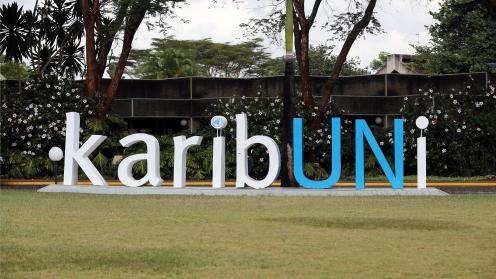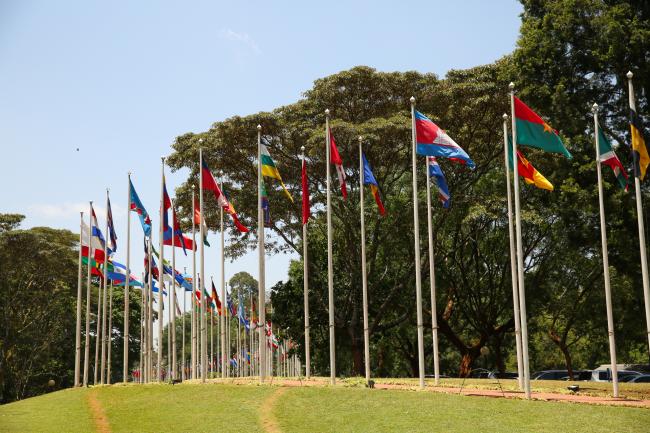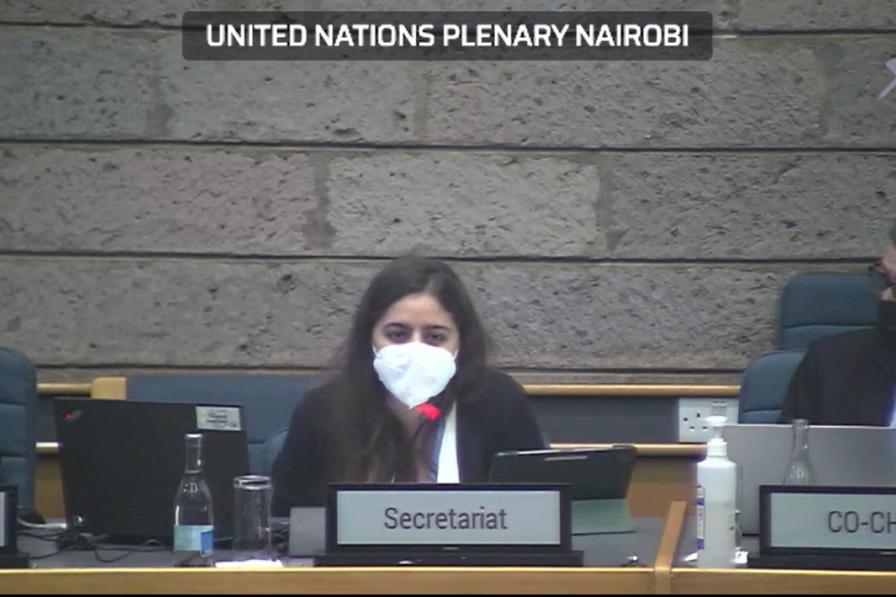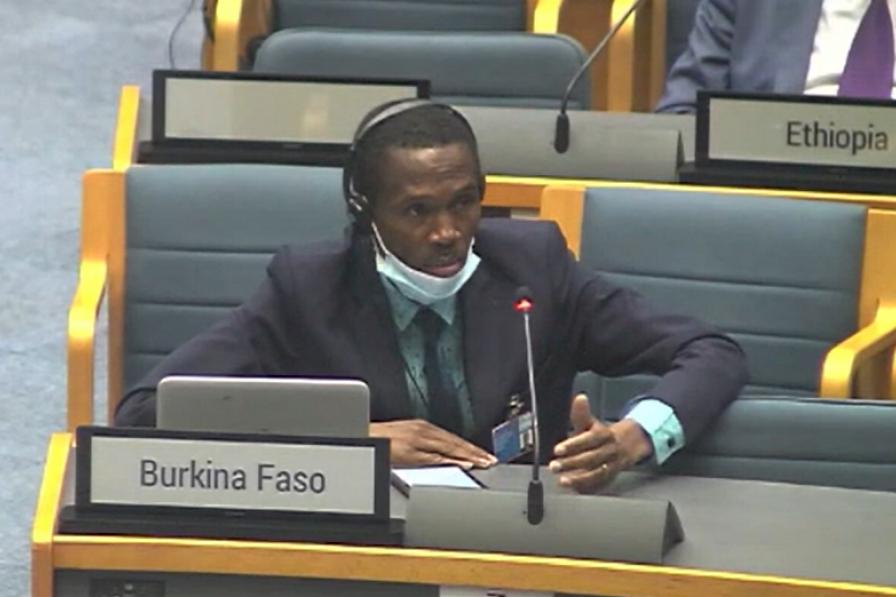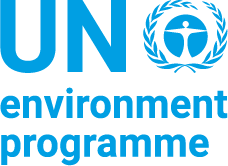Despite the many technical challenges faced throughout the week, the First Global Meeting of National Focal Points (NFPs) under the UN Environment Programme’s (UNEP) Fifth Montevideo Programme on Environmental Law concluded successfully on Thursday by completing deliberations on the priorities, structures, and procedures that will govern the Programme and its contribution to UNEP work, the international rule of law, and sustainable development through 2030. Speaking at the closing, Co-Chair Timothy Epp, US, congratulated NFPs and observers for what they accomplished during the meeting, heralding their work in the past two years through a global pandemic as “extraordinary.” Arnold Kreilhuber, Deputy Director, Law Division, UNEP, hailed the achievements as showing how environmental law can play a transformative role in addressing the crises currently facing the planet.
The final day focused almost entirely on the three elements of a “non-paper” presented by the Meeting Co-Chairs. Delegates proposed decision language on priority thematic areas and crosscutting activities for Programme implementation, specific marching orders on the areas and activities, and criteria for assessing requests for legal technical assistance under the Programme.
Regarding decision language on priority thematic areas in the non-paper, the African Group supported developing roadmaps under the three thematic priority areas of pollution, climate change, and biodiversity. The Group supported including clear, measurable indicators that can also be checked in terms of expected results. She added that the specific needs of developing countries should be considered. Argentina suggested also that the priority areas and activities take into account the specificities of each region.
The Netherlands proposed referencing assistance to member states with implementation of multilateral environment agreements (MEAs). The US expressed concern that the Programme’s limited resources should not be spent in the work undertaken under MEAs, many of which have their own resources and capacity-building mechanisms.
The Netherlands suggested textual proposals to provide flexibility to the Programme to identify other priority areas for the second part of the decade. The UK supported having the Secretariat develop a structured consultative process between the biennial Global Meetings to identify additional priority thematic areas. Finland proposed asking the Secretariat to provide a progress report and an update and recommendations on Programme implementation before Global Meetings.
Delegates spent much of the day focusing on the annex detailing the priority areas and crosscutting activities. On the proposed designation of the three core themes of pollution, climate change and biodiversity, the UK, Switzerland and the Netherlands suggested using similar language regarding all three.
In the section on cross-cutting activities, Canada proposed adding language on access to environmental information, environmental justice and public participation to particularly address vulnerable groups such as children and youth, women and girls, the LGBT community, Indigenous Peoples and local communities. Several nations objected to the LGBT reference. Côte d’Ivoire, supported by Egypt and Namibia, suggested just referencing “vulnerable groups” without defining it.
As for the annex on legal assistance requests, the Netherlands and others supported omitting criteria regarding the views of the Steering Committee and partners. Switzerland pointed out that the criterion is required “as appropriate,” thus, it is not mandatory. Namibia and Saint Lucia supported retaining the language on Committee review but suggested adding language ensuring against Committee members having conflicts of interest.
Germany proposed adding a criterion for assessing legal assistance requests based on their support to MEA implementation. The US suggested the criterion instead should ensure alignment with the goals of MEAs.
The Netherlands and others questioned including “history of collaboration with UNEP” among the criteria for assessing the requests. The Secretariat explained the intention was, where such a history exists, that the positive or negative outcome of past collaboration be taken into account.
Co-chair Cousillas closed the meeting at 6:35 pm EAT.
IISD's summary of this meeting will be available on this site on Sunday, 12 June 2022.
To receive free coverage of global environmental events delivered to your inbox, subscribe to the ENB Update newsletter.
